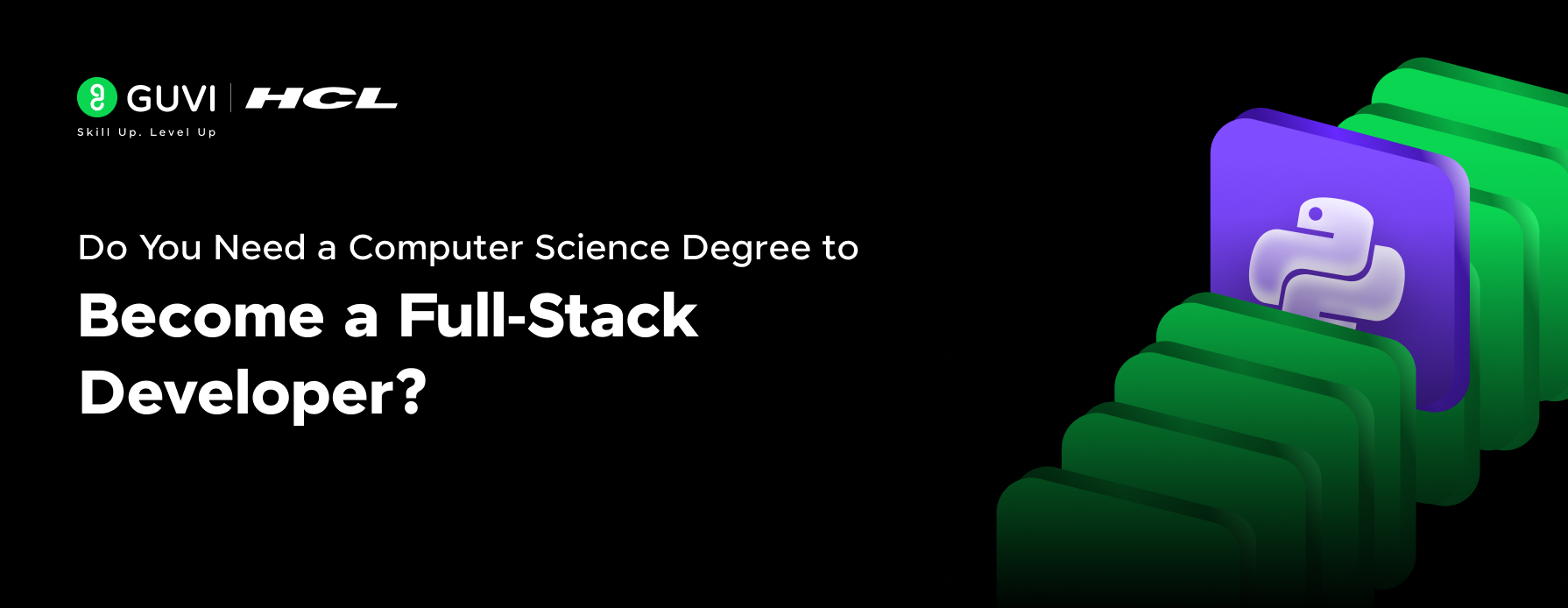
Do You Need a Computer Science Degree For Full Stack Development Career?
Mar 28, 2025 6 Min Read 2843 Views
(Last Updated)
If you’re aiming to have a successful career in Full Stack Development, you might be wondering, “Do I need a Computer Science (CS) degree, or can I succeed without one?” It’s a common question in today’s tech industry.
Traditionally, most programmers entered the field through a university CS degree. However, with the rise of online learning and coding boot camps, many developers have proven that you can launch a successful full-stack development career without a formal degree.
In fact, some of the world’s top tech companies, including Google, Apple, IBM, and more, have dropped the requirement for a four-year degree in many job postings. That is why this article will discuss the benefits of a CS degree, why it might not be essential, and alternative paths to becoming a full-stack developer. So, let’s get started!
Table of contents
- The Case for a Computer Science Degree in Web Development
- Can You Become a Full-Stack Developer Without a CS Degree?
- Alternative Paths to a Full Stack Development Career (Without a Degree)
- Coding Bootcamps
- Self-Paced Online Courses and Certifications
- Hands-On Experience (Internships, Projects, & More)
- Making the Right Choice: Degree vs. No Degree
- Conclusion
- FAQs
The Case for a Computer Science Degree in Web Development
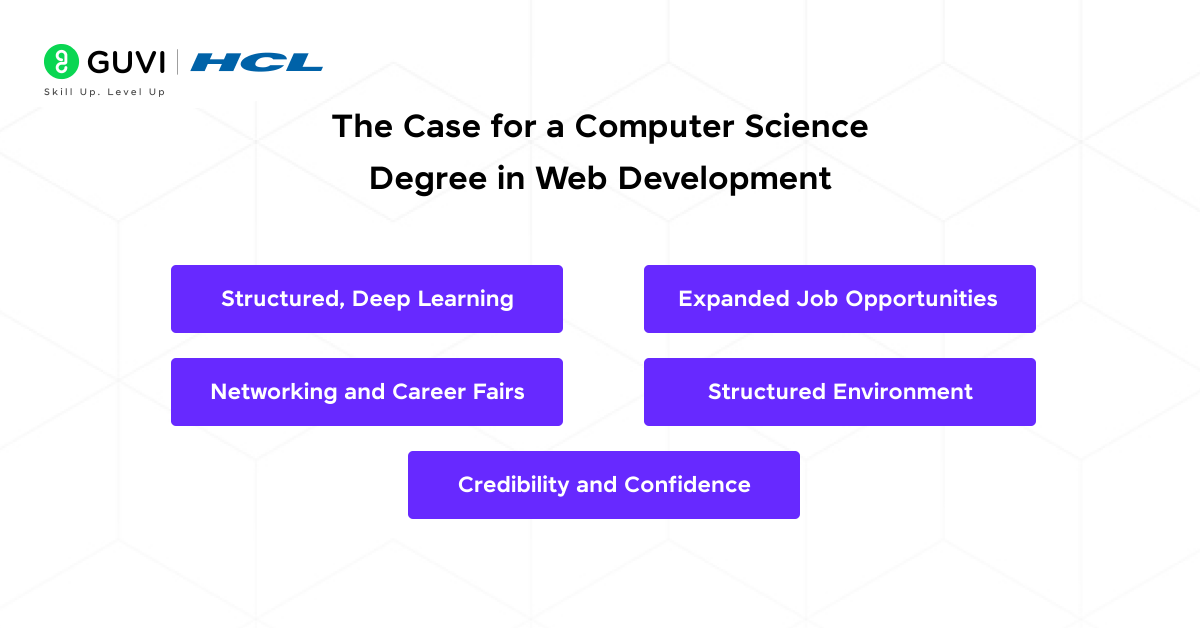
Earning a Computer Science degree can indeed offer some valuable advantages for an aspiring full-stack developer. Before dismissing college entirely, consider what a CS degree brings to the table:
- Structured, Deep Learning: A CS curriculum gives you a broad foundation in computing fundamentals. You’ll learn core concepts like data structures, algorithms, operating systems, databases, and computer architecture in a structured way. This deep understanding can help you debug complex issues and think like a computer scientist when tackling problems..
- Expanded Job Opportunities: Many employers (especially large tech companies or more traditional industries) still prefer or require a bachelor’s degree in CS or a related field for developer roles. Having that diploma on your résumé can make HR screenings smoother and help your application stand out in a competitive job market.
- Networking and Career Fairs: College isn’t just about classes. Universities offer career fairs, internship programs, and alumni networks that can be goldmines for job opportunities. Rubbing shoulders with professors, attending tech talks on campus, or landing a summer internship through your college’s career center can open doors that self-taught developers might have to work harder to find.
- Structured Environment: Not everyone is a self-study ninja. The structured schedule of a college program with assignments, exams, and project deadlines can provide motivation and discipline.
- Credibility and Confidence: Let’s face it – impostor syndrome hits many of us in tech. Having a CS degree can give you a confidence boost that you’ve been officially trained in the field. It’s a bit of a safety net when you’re just starting out.
That said, while a CS degree provides these benefits, it’s not the only way to acquire knowledge or credibility in software development. In the past, a college degree was practically the only path into programming. But times have changed – dramatically.
Can You Become a Full-Stack Developer Without a CS Degree?
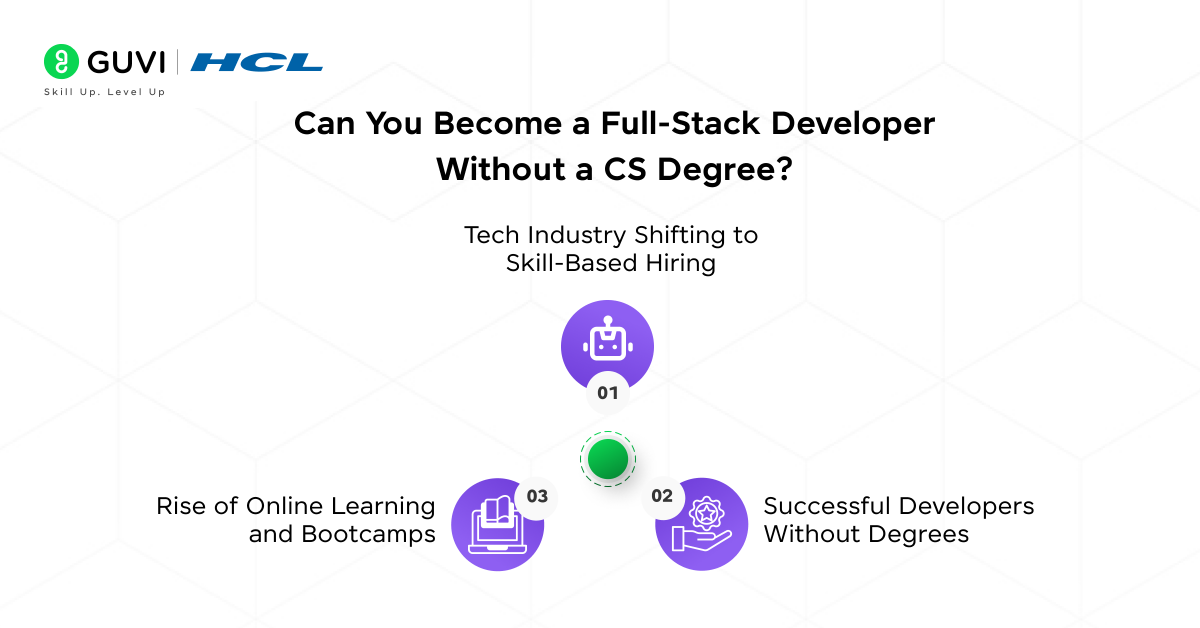
Short answer: Yes, absolutely. You do not need a CS degree to become a successful full-stack developer in today’s industry. There are plenty of skilled developers who have taken alternative routes and thrived. Let’s explore why a formal degree is no longer a hard requirement:
- Tech Industry Shifting to Skill-Based Hiring: Many top companies have realized that what you can do matters more than where (or if) you learned to do it. In fact, according to LinkedIn and Glassdoor data, giants like Google, Apple, and IBM have embraced candidates from non-traditional backgrounds if they have the right skills and experience.
- Successful Developers Without Degrees – Real Examples: History (and current industry) is full of programmers who never completed college, yet made it big. Steve Jobs (Apple co-founder) and Bill Gates (Microsoft co-founder) famously dropped out of college to pursue their tech passions, and that clearly didn’t hold them back.
- Rise of Online Learning and Bootcamps: The explosion of edtech platforms, online courses, and coding bootcamps has made it more accessible than ever to learn programming on your own schedule. Why spend 4 years in college when a well-structured bootcamp can teach you full-stack web development in a matter of months?
For example, take GUVI’s IIT-M Pravartak certified Full Stack Development Course, an intensive bootcamp that can equip you with the necessary skills in just 12 to 18 weeks – roughly 3 or 4 months, which is about the length of one semester in college and it often costs far less than a full degree.
To summarize, not having a CS degree is not a deal-breaker in the software industry anymore. But going degree-free does mean you’ll need to be proactive in other ways. Next, let’s look at how you can build a full-stack development career through alternative paths.
Alternative Paths to a Full Stack Development Career (Without a Degree)
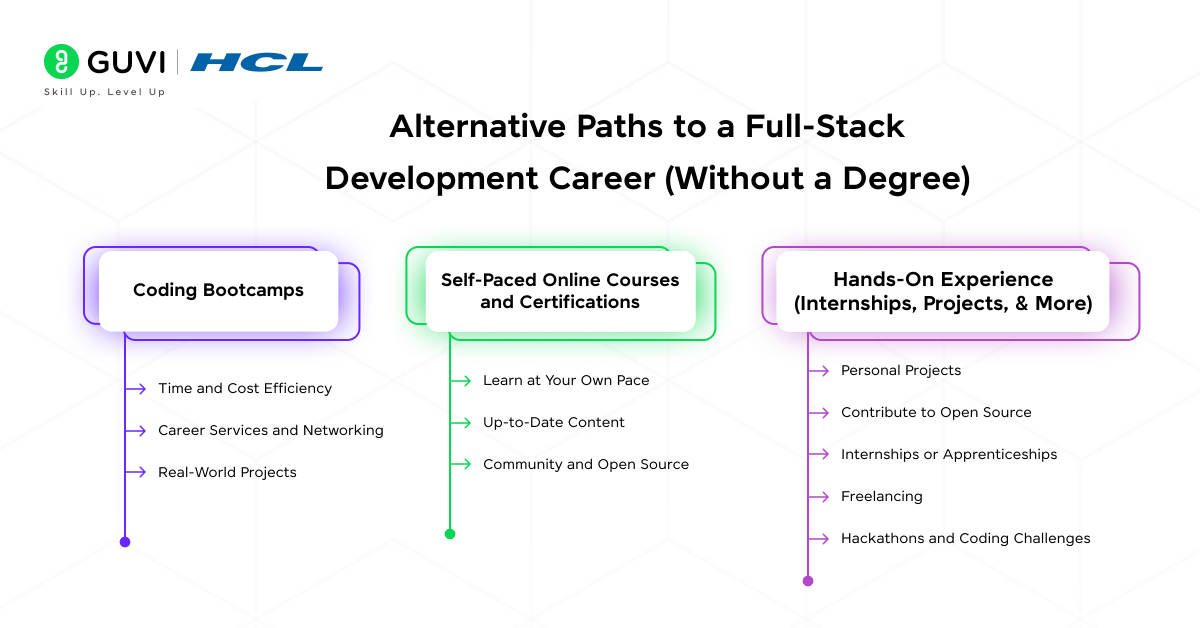
So you’ve decided, “Alright, maybe I won’t go the traditional college route. What now?” The good news is that there are multiple pathways into a full-stack developer career besides a four-year university program. Here are some popular and effective alternatives:
1. Coding Bootcamps
Coding bootcamps are intensive training programs, typically lasting a few months, that teach you the skills to become a developer. They’ve exploded in popularity over the last decade, and for good reason. Bootcamps focus on hands-on, project-based learning – exactly what you need to build a portfolio and get job-ready quickly.
- Time and Cost Efficiency: Many bootcamp grads report that these programs taught them just the essentials they needed for web development, without a lot of the general education fluff. In other words, bootcamps cut straight to the practical stuff: you’ll dive into HTML, CSS, JavaScript, front-end frameworks, back-end servers, databases, and more, without first spending a semester on, say, theoretical automata or advanced calculus.
- Career Services and Networking: Reputable bootcamps often come with career support to help you land a job. This can include resume workshops, interview prep, portfolio reviews, and even direct connections to hiring partners.
- Real-World Projects: By the end of a bootcamp, you usually have built several real applications (individually or in teams). These projects become the foundation of your portfolio. For example, you might build a personal budgeting app, a small e-commerce site, or a social network as your capstone project. These are tangible proofs of your abilities that you can show employers.
“Tip: Bootcamps require a strong commitment as they often condense a lot of material into a short time. Be prepared for an intensive experience (40+ hours of coursework/coding per week). But if you thrive in a fast-paced, immersive learning environment, a bootcamp can be an ideal way to pivot into development.”
2. Self-Paced Online Courses and Certifications
Not everyone can quit their job or commit to a full-time bootcamp. Another route is to piece together your own education through online courses and certification programs.
- Learn at Your Own Pace: Online courses let you set your schedule. This flexibility is great if you need to learn part-time while working or attending to other responsibilities.
- Up-to-Date Content: Good online courses often update frequently to keep pace with industry changes. You’ll find courses on the latest versions of frameworks and libraries (React hooks, the newest features in ES2023 JavaScript, etc.).
- Community and Open Source: Being self-taught doesn’t mean learning in isolation. There are vibrant developer communities (Stack Overflow, Reddit, Discord channels, Twitter tech circles) where you can ask questions and get help.
“Tip: To stay motivated as a self-learner, set specific goals: e.g., “Build a personal website by the end of the month” or “Complete XYZ course by next month.”
3. Hands-On Experience (Internships, Projects, & More)
No matter how you gain your knowledge through college, bootcamp, or self-study, one inexplicable truth remains: hands-on experience is king in the software world. If you don’t have a degree, building up experience becomes even more crucial to demonstrate your abilities. Here are ways to do that:
- Personal Projects: Start building things today. It could be as simple as a to-do list app or a personal blog site. Then challenge yourself with more complex projects: perhaps a full-stack MERN app that uses React on the front-end and Node/Express with a MongoDB database on the back-end.
- Contribute to Open Source: Find an open-source project on GitHub that interests you (maybe a library you’ve used, or a tool you like) and contribute to it. Even fixing a small bug or adding a minor feature can be a big learning experience.
- Internships or Apprenticeships: Some companies offer internship programs or junior developer trainee positions that don’t require you to be a student or have a degree – they simply test your aptitude. Internships can be a way in, giving you on-the-job training. Since internships often have lower barriers (some only require you to know the basics), they can be a perfect stepping stone.
- Freelancing: If full-time study or formal programs aren’t an option, consider freelancing to build experience. You could take on small web development gigs on platforms like Upwork or Fiverr. Even building a website for a friend’s business or a local charity counts as experience.
- Hackathons and Coding Challenges: Participating in hackathons (even virtual ones) is an excellent way to learn and network. In a hackathon, you team up with others (or solo) to build a project over a short period (like 24-48 hours or a week). It’s intense but fun, and you often end up with a cool project at the end.
Real-world experience not only boosts your skills but also provides talking points for interviews. If you can say “I’ve already built an e-commerce site with a payment integration” in an interview, it carries a lot of weight.
Making the Right Choice: Degree vs. No Degree
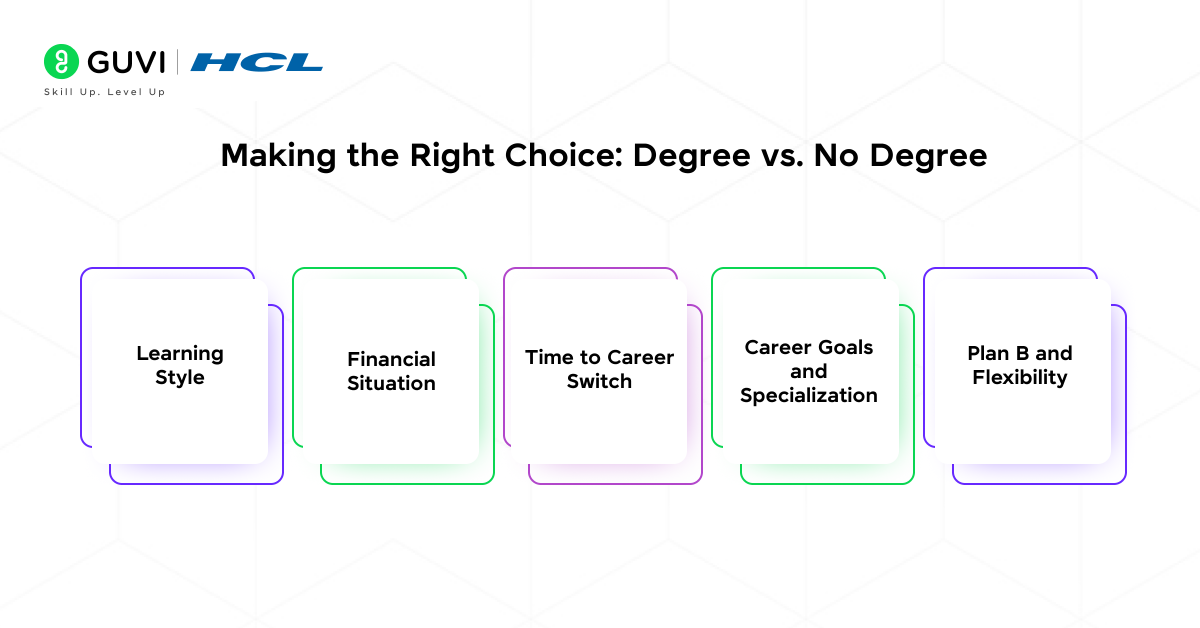
Now that we’ve looked at both sides, how do you decide which path is right for your full-stack development career? The choice between pursuing a CS degree or going degree-free (through bootcamps/self-learning) depends on several personal factors. Here are some considerations to help you make an informed decision:
- Learning Style: Do you prefer a structured environment with a set curriculum, instructors, and classmates? Or are you self-motivated and comfortable figuring things out independently? If you thrive with structure and guidance, a college program (or a structured online program) might suit you best. If you learn better by diving in and building things at your own pace, self-learning or a bootcamp could be a better fit.
- Financial Situation: College can be expensive. In addition to tuition, consider the cost of living for 4 years and potential student loan debt. Bootcamps, while shorter, can also be costly (albeit much less than a full degree). Self-learning is the most budget-friendly, but may take more time or discipline.
- Time to Career Switch: Are you trying to switch careers quickly? A full degree takes 3-4+ years, which might not be feasible if you’re, say, 25 and wanting to get into development ASAP. A bootcamp can get you job-ready in a few months of intensive work. Self-study can be as fast or slow as you make it, but many self-taught developers report spending 6 months to 1.5 years to go from newbie to job-ready (depending on how much time they dedicate).
- Career Goals and Specialization: Consider what kind of developer you want to be. For most web and app development roles, a degree vs. alternative education doesn’t drastically affect your ability to perform. However, if you aspire to roles in cutting-edge research, academia, or certain specialized fields (like working on new programming language design, cryptography research, etc.), a computer science or related degree (and even higher degrees like a Master’s) might be more important.
- Plan B and Flexibility: One point to consider: a college degree (in any field) can serve as a safety net. If, for some reason, coding doesn’t work out or you change your mind, having a bachelor’s degree can be useful as a credential for other jobs or for pursuing further education.
Ultimately, there is no one-size-fits-all answer. It comes down to your personal circumstances, goals, and preferences. Many people have succeeded with a degree, and many without. What matters most is continuous learning and proven skills.
Speaking of continuous learning: remember that landing your first job is just the beginning. Full-stack development is a journey of constant growth. Degree or no degree, your curiosity and persistence are your biggest assets.
Conclusion
In conclusion, the tech world ultimately cares about what you can do. Your skills, projects, and experience speak louder than your credentials. Whether you learn through a university, a bootcamp, or by hacking away in your bedroom, the key is to build knowledge and prove it.
So, focus on developing real skills, keep learning, and don’t be discouraged if you don’t have a formal degree. Many hiring managers care more about your portfolio and attitude than a piece of paper.
If you do have a CS degree, leverage it but also stay hands-on. If you don’t, leverage the alternative routes and be ready to showcase your work. In the end, your ability to solve problems and build applications is what will land you that full-stack developer job.
FAQs
1. Do I need a Computer Science degree to become a full-stack developer?
No, a CS degree is not strictly necessary to become a full-stack developer. Many employers prioritize practical skills and experience over formal education. Alternative pathways, such as coding bootcamps and self-directed learning, can equip you with the necessary skills for a full-stack development career.
2. What educational background is common among full-stack developers?
While many full-stack developers hold degrees in computer science, computer engineering, or related fields, it’s not a universal requirement. Some professionals enter the field through coding bootcamps or self-study, focusing on building a robust portfolio to demonstrate their capabilities.
3. How can I become a full-stack developer without a CS degree?
You can pursue alternative educational paths such as coding bootcamps, online courses, and self-paced learning. These avenues allow you to acquire practical skills in both front-end and back-end development. Building a strong portfolio and gaining hands-on experience through projects or internships can significantly enhance your employability.
4. Do employers prefer candidates with a CS degree for full-stack development roles?
Preferences vary by employer. Some companies may favor candidates with formal degrees, while others focus on practical experience and demonstrated skills. The ability to showcase your expertise through a portfolio and real-world projects often holds substantial weight in the hiring process.
5. What skills are essential for a full-stack developer, regardless of educational background?
Essential skills include proficiency in front-end technologies (like HTML, CSS, JavaScript), back-end programming languages (such as Node.js, Python, or Ruby), understanding of databases (SQL or NoSQL), and familiarity with version control systems like Git. Soft skills like problem-solving, communication, and adaptability are also crucial.

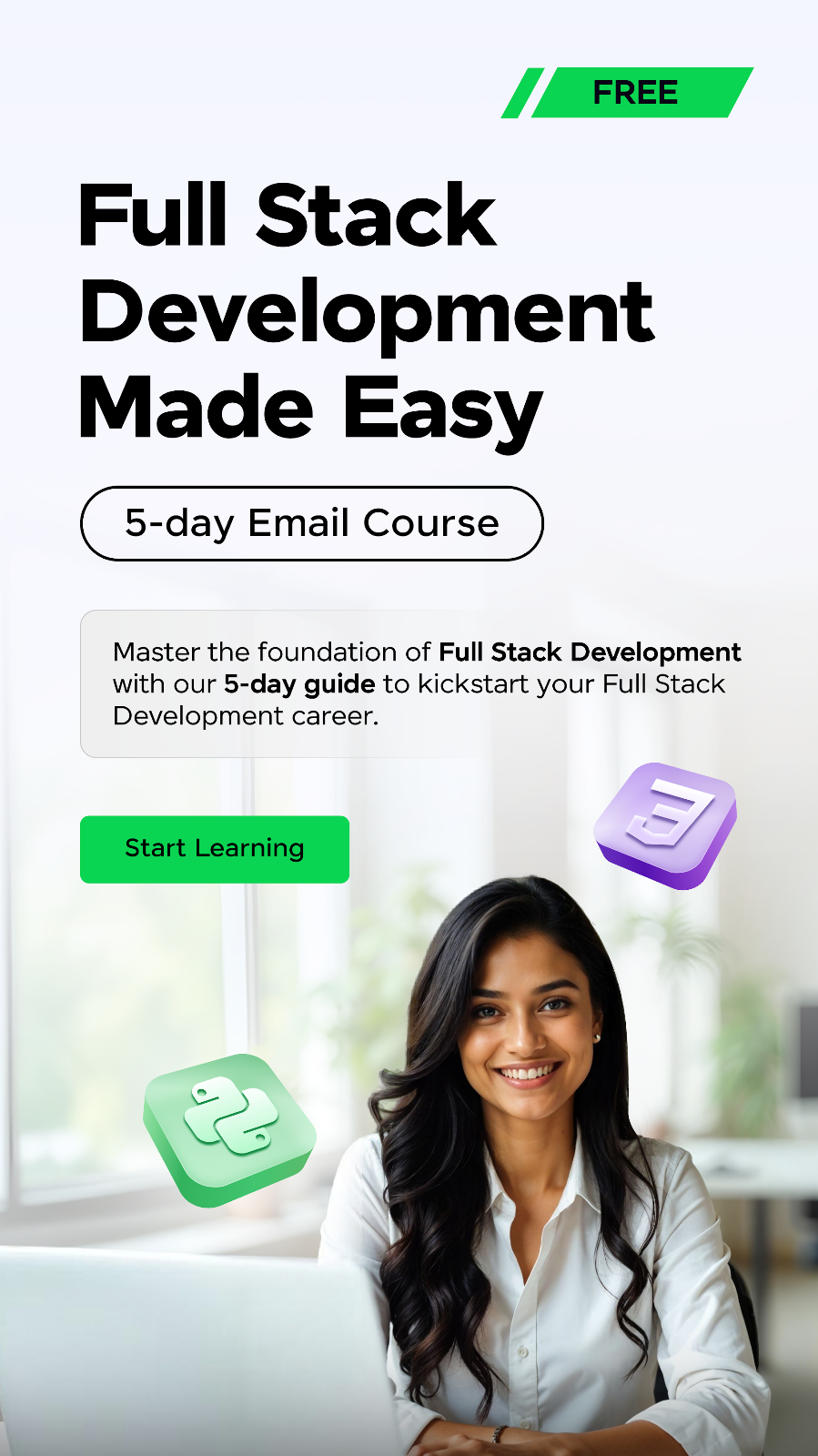




















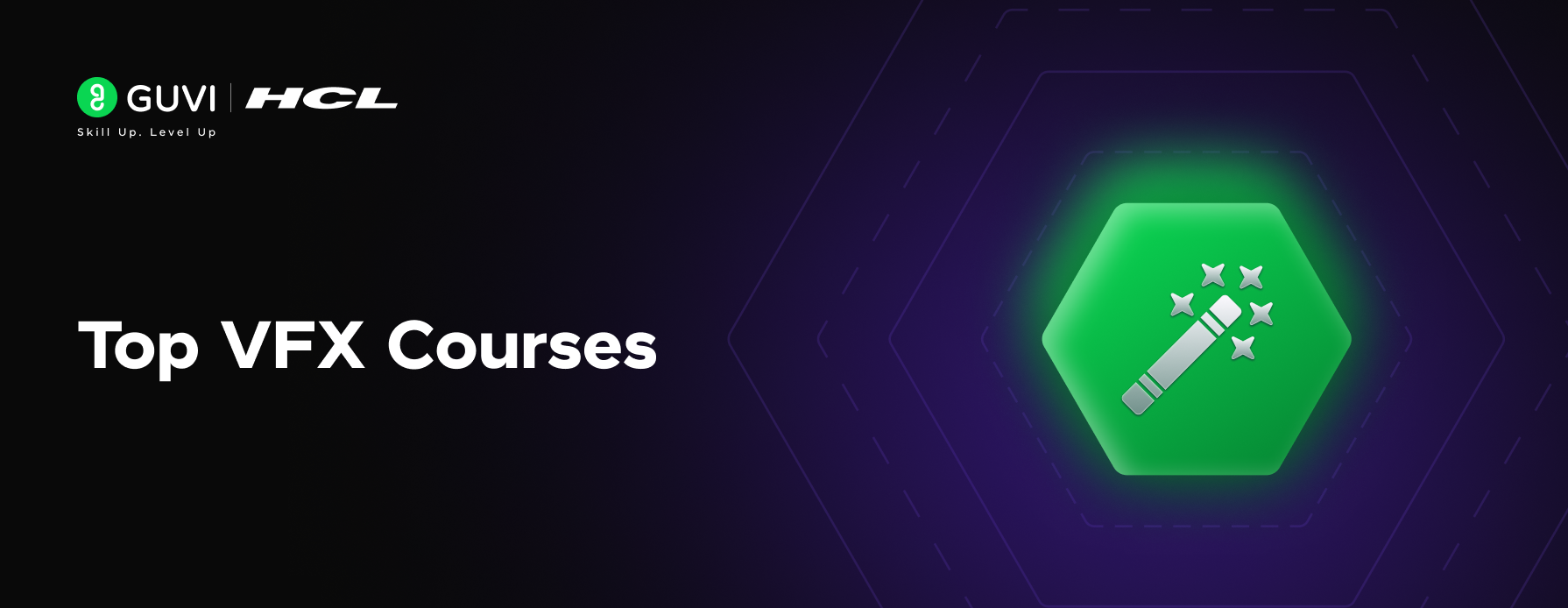



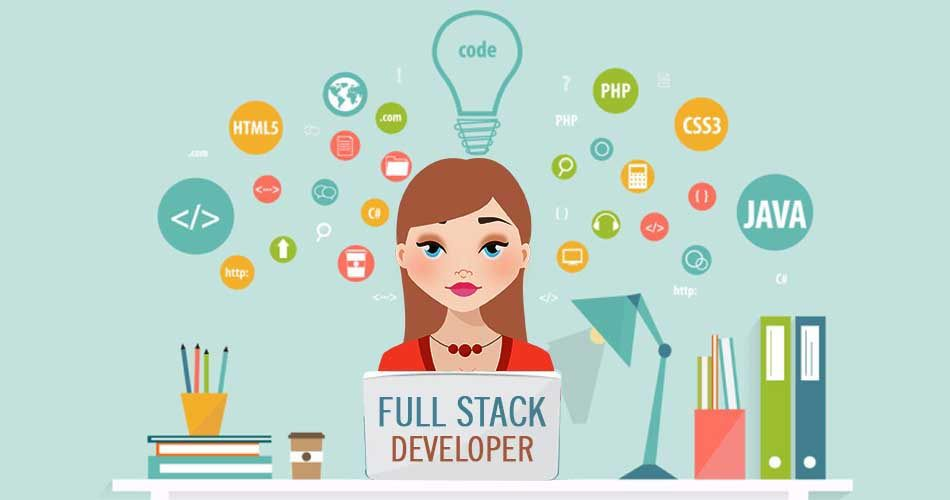
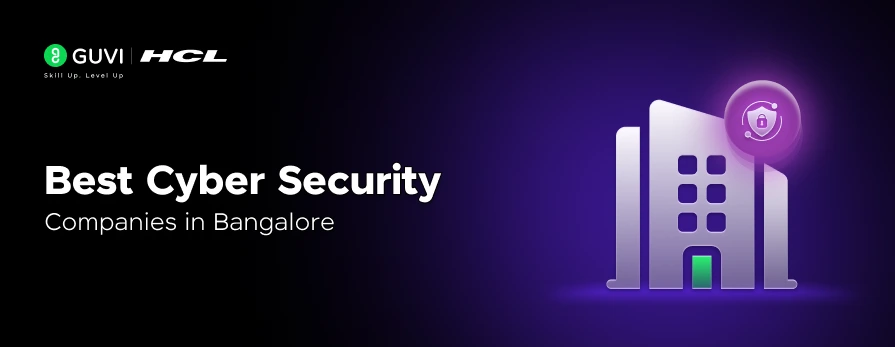
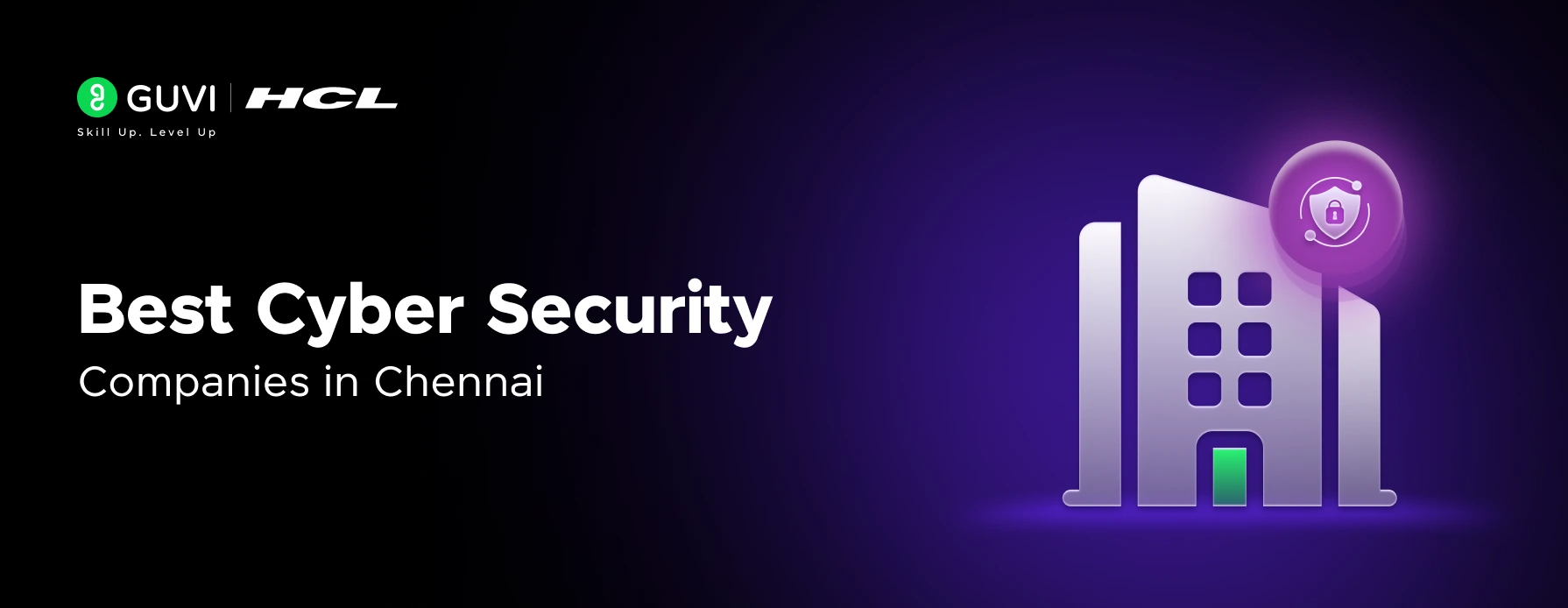
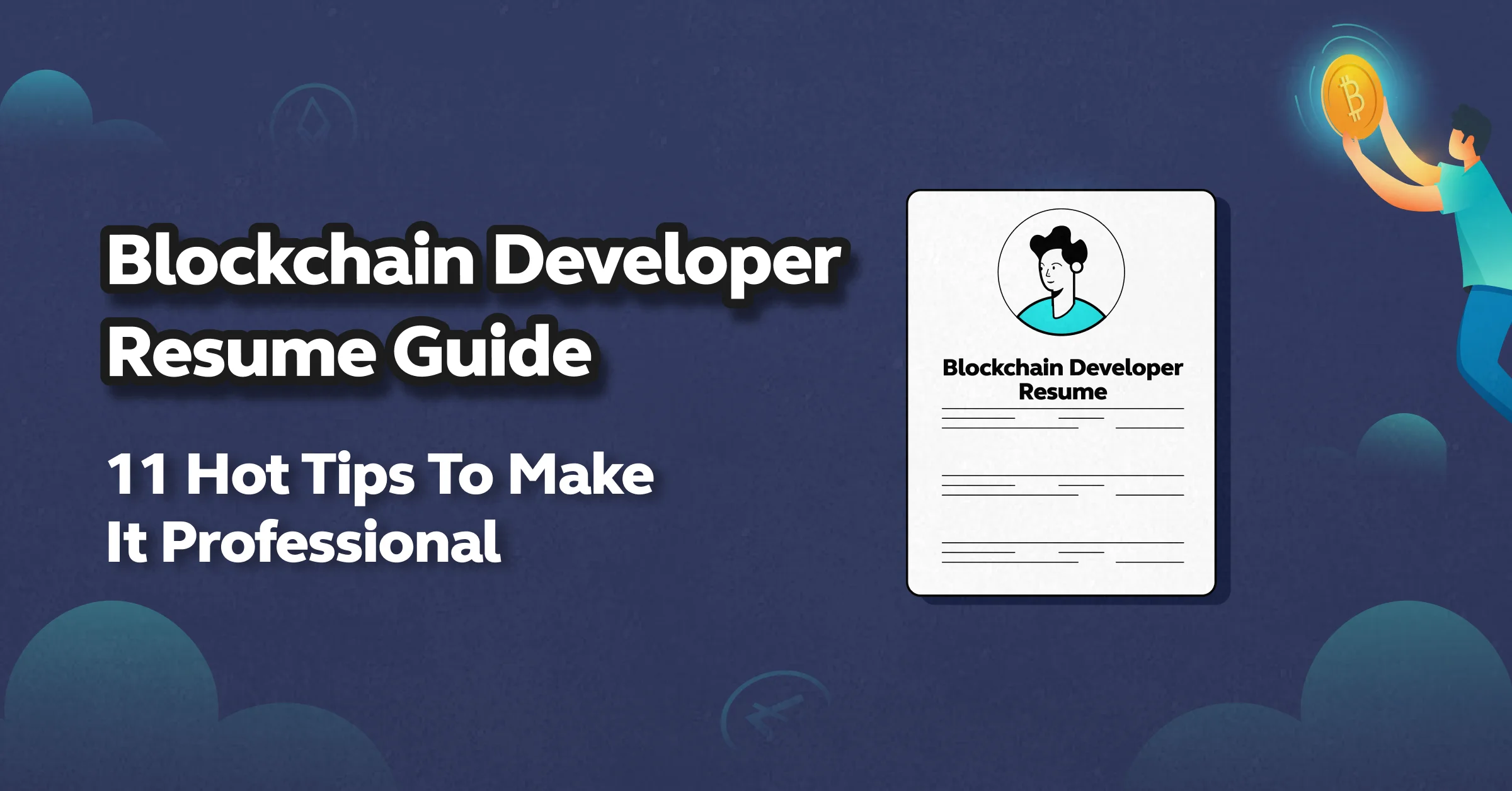

Did you enjoy this article?